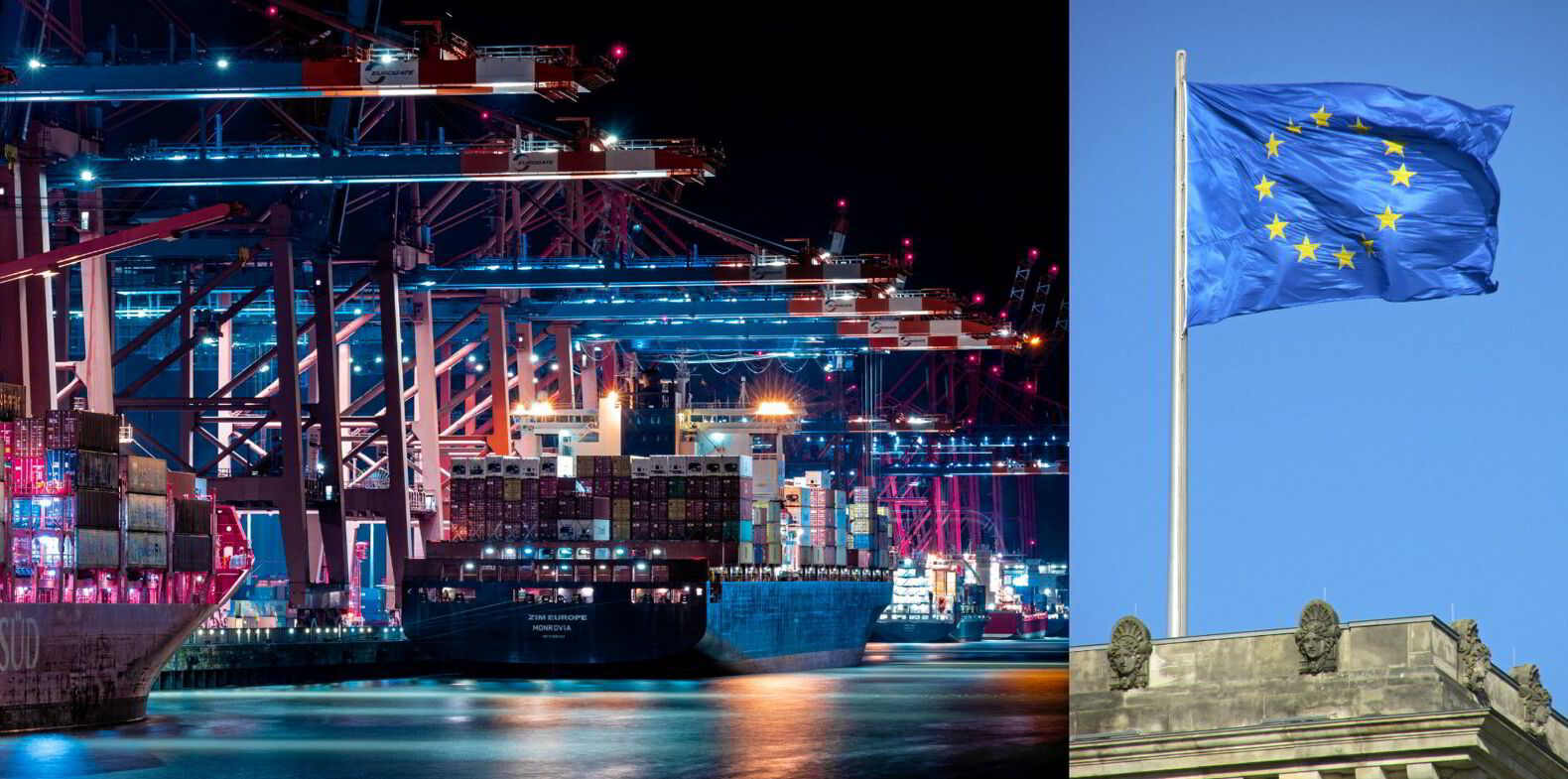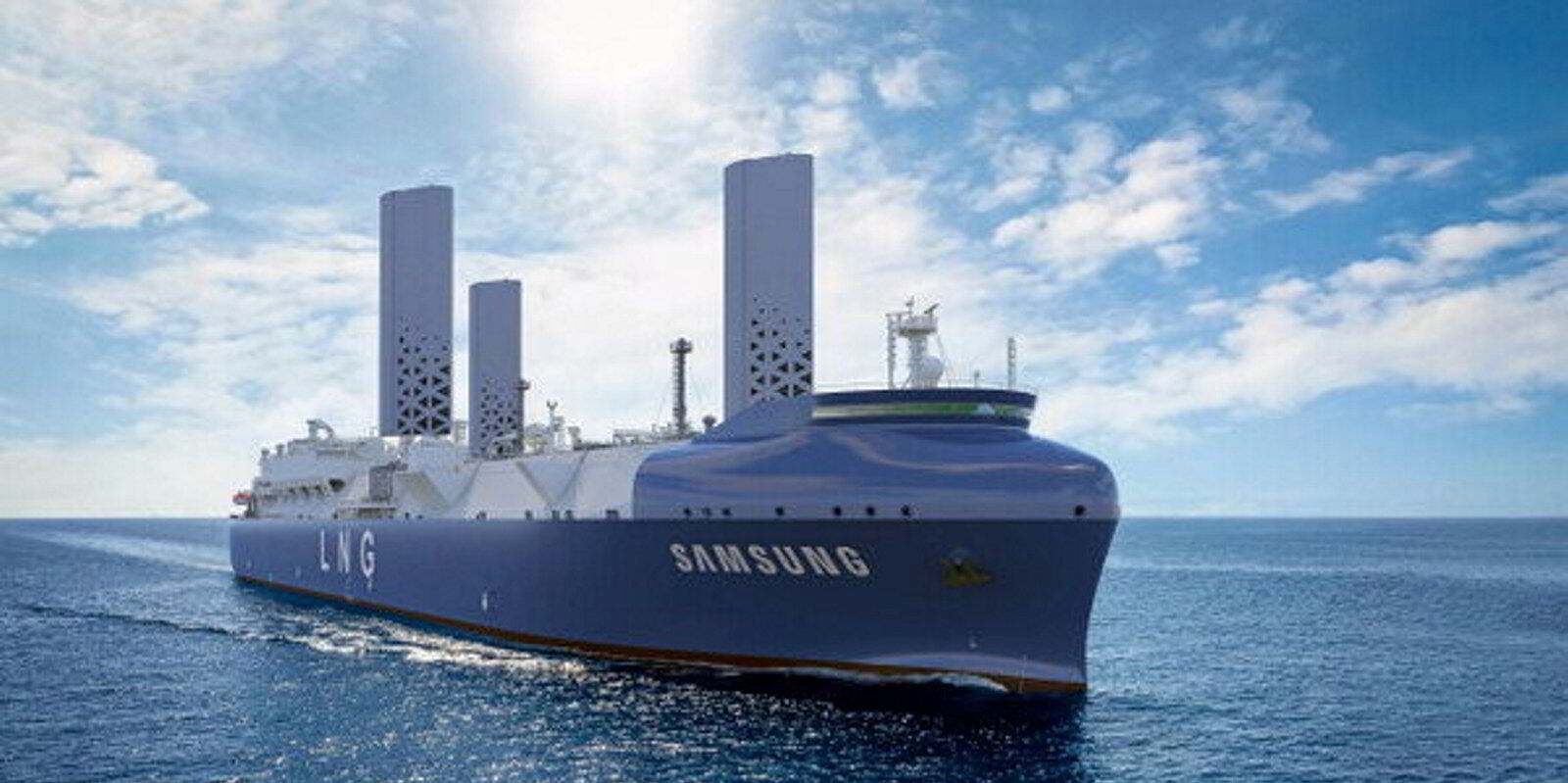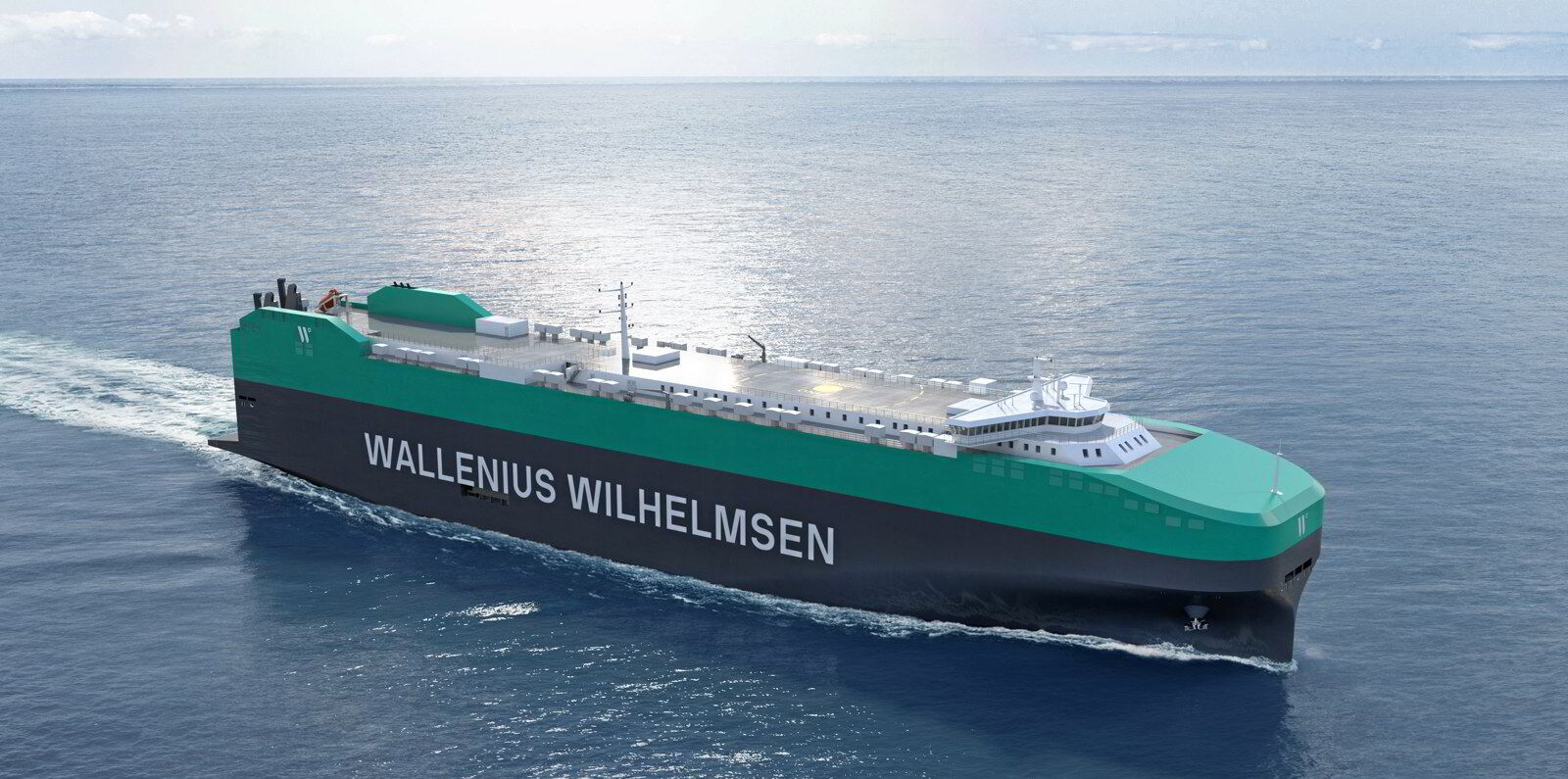FuelEU Maritime comes into force on 1 January setting new rules on the well-to-wake emissions of ships sailing in the European Union and European Economic Area.
The new regulations compel ships to cut greenhouse gas emissions relative to a 2020 benchmark, with percentage reductions increasing every five years up to 80% in 2050.
Denmark’s Norden believes the complexity of FuelEU will benefit larger shipowners.
Anders Birk, head of commercial and pool management, told TradeWinds: “We have a huge scale in Norden with both the dry and tanker perspective.
“We have ample resources to find solutions that fit us and our partners.”
From 2025 to 2029, the reduction requirement is 2%.
In a case of non-compliance, a penalty must be paid amounting to €2,400 ($2,500) per tonne of fossil fuel exceeding the limit.
Soren Tolboll Nielsen, head of tankers, freight services and trading, said: “We are not talking big money in the next five years. But it will escalate until 2050.”
The easiest way to ensure compliance is to use greener energy sources such as biofuel, renewable fuels, LNG or wind-assisted propulsion.
But if a vessel does not meet its emissions-reduction target during the calendar year, there are ways to avoid the fines.
Under the advance compliance surplus scheme, a ship can borrow some of its allowance for the next year.
The maximum borrowing is 2% and this scheme can not be used for two consecutive years.
The other option is to include the ship in a compliance pool, where a number of vessels will balance out the deficits and surpluses of the member vessels.
Norden is inviting its partners to join its FuelEU pool, which is separate from its commercial pools.
Birk said: “We pool all the compliance from dry [vessels] and tankers into one pool. It means that we can do it in a very dynamic and flexible way.
“We can do it very cost-effectively and ensure exact compliance.”
Norden operates about 540 vessels.
The handling of FuelEU will not be a separate business for Norden.
Birk added: “The compliance pool is not a standalone business. We are not going to see it as a business. It is an added benefit to our partners in the commercial pool.”
The owner will only earn the required compliance in Norden’s pool.
“The individual owner does not bank or borrow anything. That is the beauty of it,” Birk explained.
“Because of the scale, we might bank a surplus but the individual owner gets exactly what he requires.”
Norden believes there is a big difference in preparedness among shipowners.
Tolboll Nielsen said: “Talking to smaller owners it is evident that this [FeulEU Maritime] is fairly complex especially if they haven’t dealt with it as we have.
“For one vessel, it is very difficult to hit the exact baseline reduction. That is why you need to be part of something bigger. We can give you the exact compliance,” he said.
Norden has been working to reduce its carbon emissions through optimising efficiency and the use of biofuel for sailings.
“In Norden, we are very comfortable that we are over-compliant for the foreseeable future. We have a core fleet of both dry and tankers with experience in the biofuels,” Tolboll Nielsen said.
If a vessel is in the compliance pool for the full year, there will be no deficit or surplus as the compliance pool provides exact compliance allowing the owner not to have to borrow or bank.
If a vessel enters the pool midyear with a deficit or surplus, Norden will agree on a competitive price to either compensate for the deficit or pay for the surplus.
There is no firm pricing structure for that as it will be part of commercial negotiations for tanker pool entry.
Birk said: “We have done our homework. We are ready for this. Both on the supply side and the framework for pricing,”
To make FuelEU work smoothly outside of such an arrangement all parties in the value chain must have a common understanding of the implications of the new regulations.
DNV said the top two factors needed for success are verified high-quality emissions data and updating contracts — both ship manager contracts and time-charter contracts.
Helge Hermundsgard, head of sales maritime at DNV, said: “If you don’t have your contract updated and data of good quality you will have a challenge in the future.
“Specify in the contract how you want to secure coverage.”

The FuelEU report of a vessel must be fully submitted in April the year after the reporting year.
But Hermundsgard advises shipowners to settle any FuelEU-related balances after a contract ends.
He said: “I am not willing as an owner to wait and settle with you in April the next year.
“Because next year you might be gone. If the counterparty is a limited company in Cayman Island, it can be gone next week. You want to settle as close as possible to the end of the contract,” he said.
“The devil is in the details on the contract side.
“There are pitfalls. Not that many are up to date on the challenges. It is in a forming phase. This is not just a topic for the compliance department in a shipping company.
“It is a multi-functional challenge between chartering, operations and the compliance team,” Hermundsgard said.
Andreas Fjaervoll-Larsen, partner at law firm Wikborg Rein, underscored the importance of contracts that regulate which party should cover the economic effect of FuelEU and the practicalities for ensuring compliance.
Fjaervoll-Larsen also advises shipowners to plan for flexibility, such as banking, borrowing or pooling.
“It is an example of how compliance and green shipping regulations can also become an important commercial issue. Compliance and the commercial side intertwine and create both opportunities and challenges that need to be specifically addressed,” he said.
Norden believes that FuelEU will benefit shipping companies that have invested in sustainability and biofuels.
“We welcome the regulation because, finally, we can see some of the stuff coming that we have been doing voluntarily. The playing field is starting to be a little bit more level,” Tolboll Nielsen said.
“The penalties will be bigger than the cost of biofuels. Bio will be a cheaper option for the owners. The owners will have an interest in doing both the right thing and a monetary interest,” he added.








